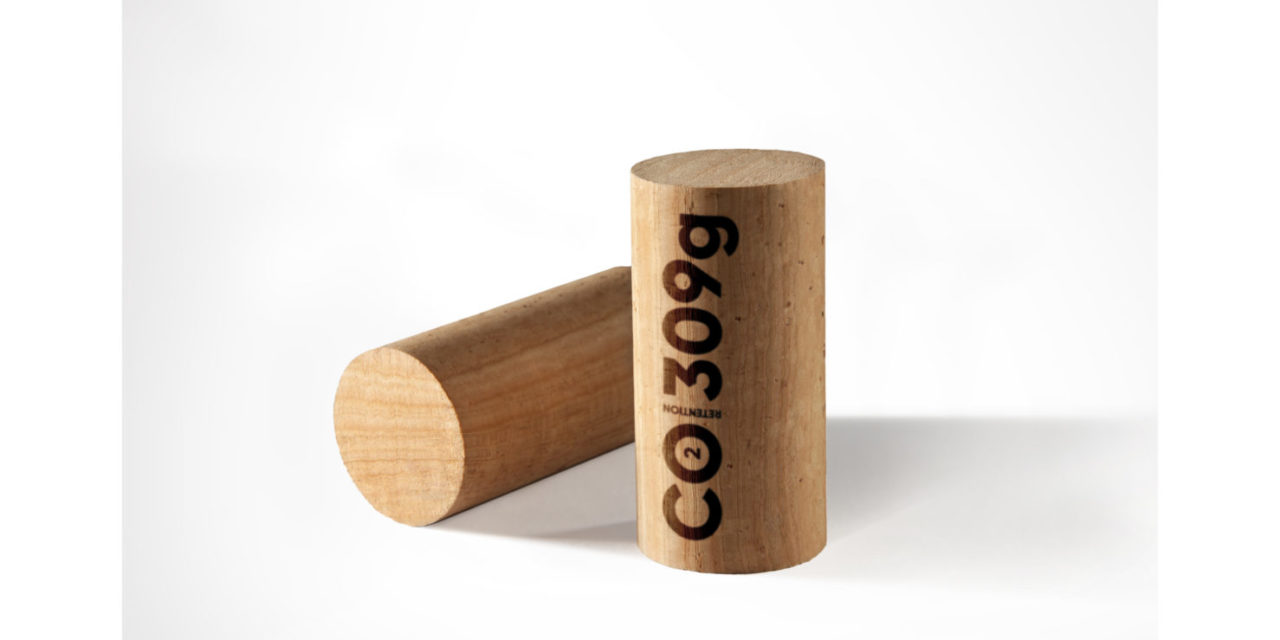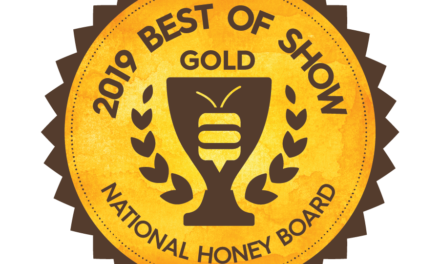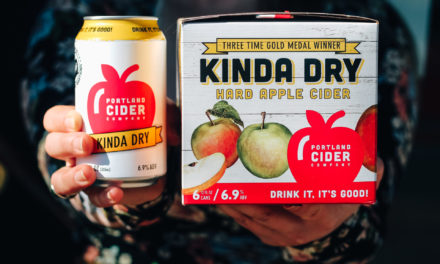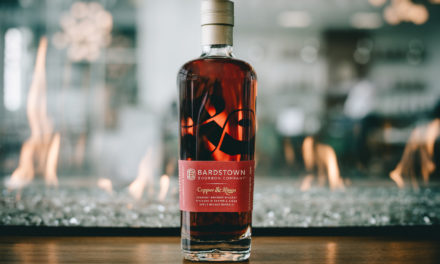Sparkling wine stoppers with two natural cork discs have the highest CO2 retention in the whole closure industry
Napa, Calif.—A brand-new study, assessing the CO2 retention rates with a cradle-to-gate methodology that measures everything from forest floor to finished stopper, concludes that cork closures are a major ally in the wine industry’s battle for sustainability.
One single natural cork stopper is now proven to capture up to 309 grams of CO2, while a sparkling wine stopper can retain even more at 562 grams. This means that cork closures can offset the carbon footprint of glass bottles, a key packaging element of the all-important, profitable premium wine market.
To analyze the complete environmental footprint of both whole natural cork and two-disc sparkling wine stoppers, a study incorporating a life cycle assessment (LCA) was commissioned by Corticeira Amorim, and conducted by EY consultants during December 2019.*
This vital CO2 retention capability comes at no extra cost – it is embedded in the very nature of cork, and is a benefit to which every winery is entitled. Given the fact that more than 70% of the value created by cork overall comes from wine stoppers, without these products, the 5.4 million acres of native cork forests across seven countries in the Western Mediterranean basin – one of the world’s 36 biodiversity “hot spots” – would not exist as we know them now.
“Amorim’s commitment to research and development allows us to deliver concrete facts to support our sustainability messaging about cork and to develop new technologies to further cork’s sustainable credentials.” says Pedro Fernandes, General Manager of Amorim Cork America. “While the results of this latest study will enhance the reputation of our traditional cork closures in the eyes of environmentally-conscious wine consumers, we continue to innovate. Our Neutrocork stopper, for example, features a uniform-sized micro cork granule composition that retains up to 392g of CO2.”
Different life cycle stages under a cradle-to-gate approach were studied: forest management activities, cork treatment stages including transport from the forest, and natural cork stoppers production, finishing and packaging. For a fair comparison with previous studies, the distribution of the product from Portugal to the UK was also included, together with additional information regarding carbon sequestration from the cork oak forests.
Impacts relating to the production and consumption of raw materials, plus energy process emissions, water consumption, waste production and transport at each stage were assessed – all of which are considered categories typically used in cork products.
*The study was based on the ISO 14040/44 standards (ISO, 2006), together with guidelines from the International Reference Life Cycle Data System (ILCD) Handbook – General guide for Life Cycle Assessment – Detailed guidance (EC-JRC, 2010).
**The LCA methods used were aligned with the recommendation from Product Environmental Footprint Category Rules (PEFCR) for still and sparkling wine product environmental footprints (PEF) issued by the European Commission in 2018.
###
For media inquiries, please contact Katie Canfield of O’Donnell Lane, LLC at 530-720-1138 or email katie@odonnell-lane.com.
About Corticeira Amorim
Corticeira Amorim is the leading world producer of cork products, having been involved in the industry since 1870 and now producing 5.4 billion cork closures each year. The company’s product portfolio covers various sectors, including, among others, wine, construction, flooring, aeronautics, automotive and footwear. It has implemented an integrated production process that ensures that no cork is wasted, and it supports various initiatives for collecting and recycling cork stoppers across five continents.
About Amorim Cork America
Amorim Cork America is the North American sales and distribution center located in Napa, California. We provide top notch solutions that guarantee a customized approach tailored to each client’s needs. Amorim Cork America’s sales and management team provides expert knowledge to winemakers, technical support, quality assurance managers and wine marketers in all facets of wine cork closures.
Press releases are generated outside of Spirited magazine and the information contained does not necessarily reflect the opinion of Spirited or its parent company, Sonoma Media Investments.











